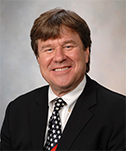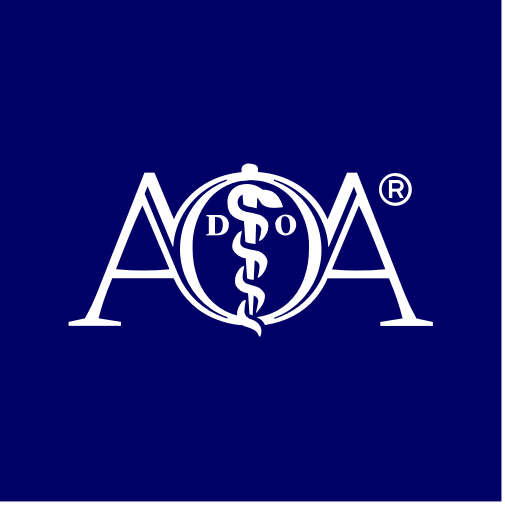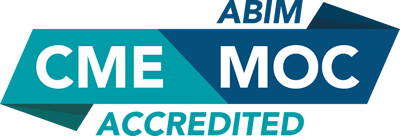
COURSE CREDITS & HOURS
16 AMA PRA Category 1 Credits™16 ACPE Credits
16.0 Contact Hours
16 (part II) MOC points in medical knowledge in the American Board of Internal Medicine's (ABIM) Maintenance of Certification (MOC) program
3.5 Hours of Pharmacology for Nurse Practitioners
COURSE FEES
TARGET AUDIENCE
PROGRAM PURPOSE
Purpose: The overall goal of the CME-based didactic lectures provided for Continuing Education, Inc. is to fill the gaps in clinical care of patients that are commonly identified in routine practice. A series of topics will be presented within the field of neurology that has direct application to practitioners caring for patients with neurological disorders.
The needs of the clinician to be aware of the most current standards of care is essential to ensure that updates on evidence-based medicine are practiced to provide optimal care to patients. The pitfalls in treatment imposed by the limited time requires the PCP to remain current on multiple issues involving subspecialty care to maintain lifelong learning.
Outcome Statement: Nothing is more daunting than neurological illnesses affecting the brain and spinal cord and a deficit in knowledge may result in hesitation or delay in care that results in irreversible damage. Therefore knowledge of acute neurological emergencies and essential approach to common neurological illnesses is a requirement for those "gatekeepers" of care rendered by specialist "providers".
Topics:
- The 5 minute Neurological Examination
- As a result of this lecture, the participant should be able to complete a neurological examination that is focused to specific symptomatic complaints and understand the localization of abnormal features.
- Seizures and Epilepsy
- Following this lecture, participants should be acquainted with the most recent treatment options available for patients with seizures and epilepsy.
- Alzheimer's Disease
- As a result of this activity, learners should be able to identify Alzheimer's disease and be able to render effective diagnosis and treatment.
- Anti-seizure Medication
- Following this lecture, the attendee should be able to identify common applications and mechanisms of commonly utilized anti-seizure medications widely used in epilepsy, bipolar disorder, pain and migraine
- A Picture of of Neurological Health-Not
- Following this activity, the participant should be able to recognize important clinical features of neurological conditions from neuroimages involved in the physical examination and ancillary test procedures.
- Case Studies of Common Illnesses
- Following participation is this learning activity participants should be able to approach the diagnosis, differential diagnosis, evaluation, and treatment options that exist for several of the most common neurological conditions.
- Diagnosis of Spells for the PCP
- After the presentation of this activity, participants should have greater familiarity of the episodic functional neurological disorders.
- Migraine and its variants
- After this lecture the attendee will be able to recognize migraine, and select first line treatment options.
- Sports Concussion and Chronic Traumatic Encephalopathy
- Following this presentation the attendee with understand the definition of concussion, and will be able to recognize common clinical features. Additionally, the attendee will be able to implement current return to play guidelines.
- Recognizing the Most Common Neurologic Emergencies
- Following this interactive session, physicians will be able to more readily recognize common neurologic emergencies, and will know what urgent testing and treatment may be needed.
- Stroke treatment and prevention
- After this lecture the attendee will be able understand the most recent evidence-based guidelines for the acute and preventative treatments for stroke.
- Multiple Sclerosis: Diagnosis and treatment
- After this lecture the attendee will understand the current diagnostic criteria for multiple sclerosis, and will have a general understanding of the wide range of treatment options.
- Overview of Parkinson's Disease
- Following this lecture, attendees will be able to recognize Parkinson's disease, and will have a practical understanding of common treatments.
- Brain Stimulation for Neurologic Disorders
- Following this lecture, attendees will be aware of the rapidly growing field of neuro-stimulation for a range of neurologic disease.































